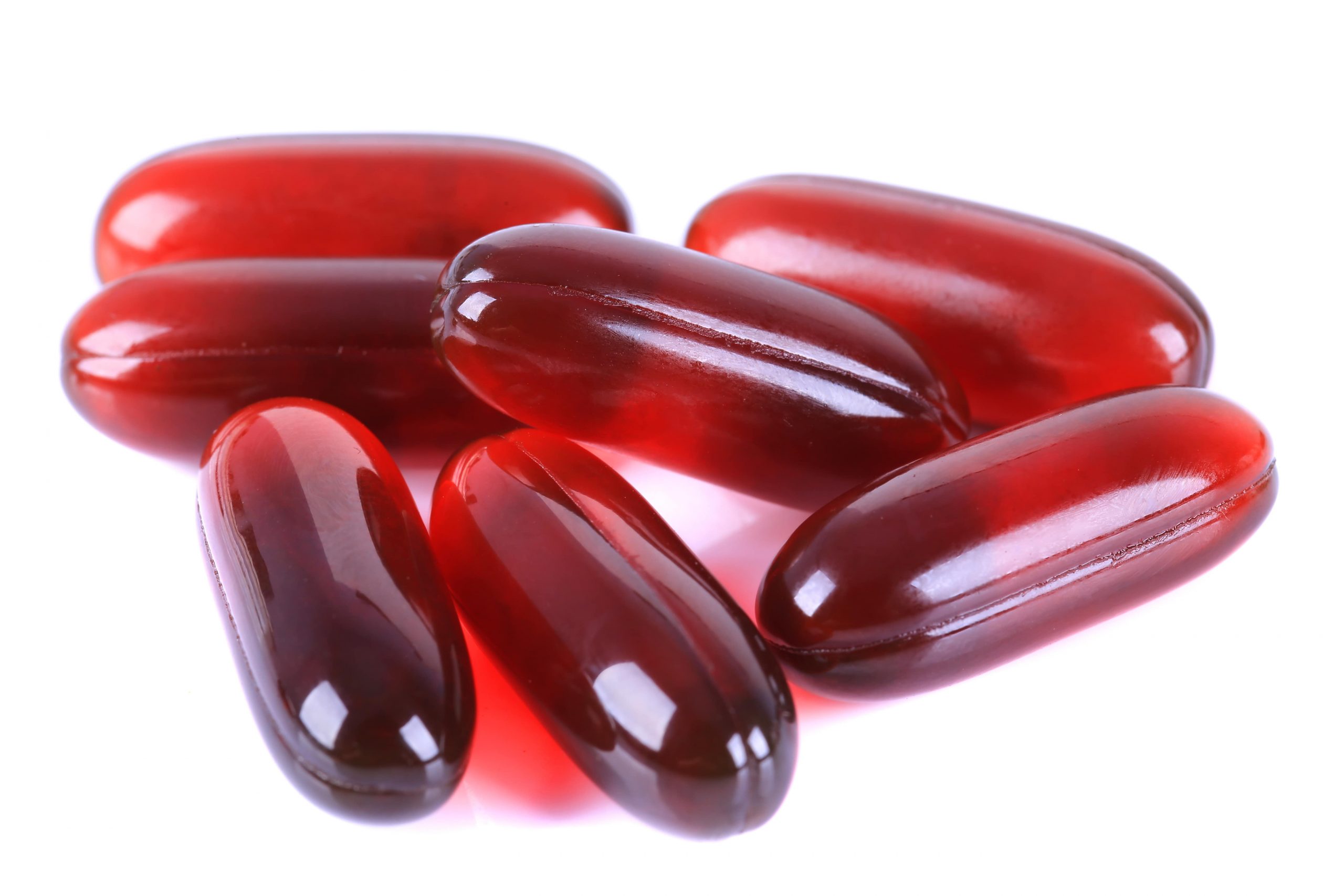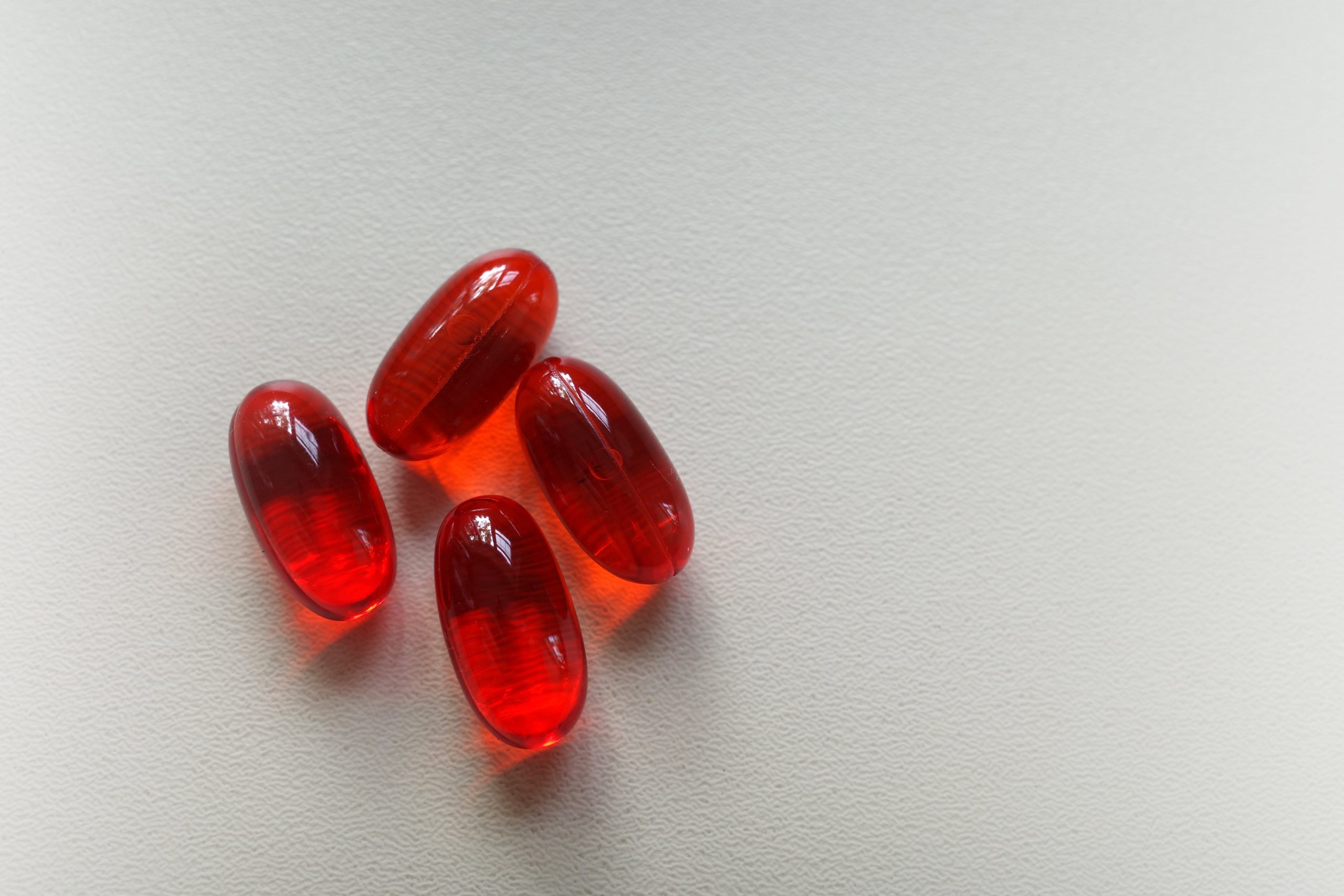Krill oil is obtained from tiny crustaceans called Antarctic krill. These sea creatures are a dietary staple for many animals, including seals, penguins, whales, and birds. Krill oil contains high amounts of DHA and EPA, the two types of omega-3 fatty acids that bear the brand of most of its health aids. They have important functions in the body and are associated with numerous health benefits.
Krill oil has become popular because of its positive impacts on the human body. But how beneficial is krill oil to the human body? Krill oil is an excellent source of omega-3 fatty acids, which the body needs to execute important functions.
There is a need to introduce this kind of oil that many people have not encountered.It would help if you did not endanger your health due to a lack of essential foods and nutrients in your diet. Moreover, society should be awakened to the benefits associated with krill oil. Therefore, this blog will explore the benefits of krill oil, including the usage guidelines.
Contains Powerful Antioxidants
Krill oil has a potent antioxidant named astaxanthin that protects the body cells from destruction by free radicals. Science explains that the free radicals form when the body oxidizes the air that is breathed, breaks down food, or meets environmental hazards like radiation and smoke. Typically, antioxidants fight only one free-radical at a time, but astaxanthin can fight many free radicals at a time.
Research analyses that astaxanthin antioxidants and anti-inflammatory properties may offer some heart health benefits. One study showed that isolated astaxanthin reduced triglycerides and elevated good HDL cholesterol in individuals with mildly raised blood lipids. Nevertheless, this research offered astaxanthin in much larger doses than those you would typically get from krill oil supplements.
Improves Cardiovascular Health
Krill oil has fatty acids that assist in reducing cholesterol and triglycerides in the blood and boost circulation. It is demonstrated that krill oil improved heart health risk factors greatly. The extent to which the krill oil lowers blood sugar is high. Omega- fats, EPA, and DHA specifically are regarded to boost heart health.
Research has revealed that krill oil improves blood lipid levels. It hikes good high-density lipoprotein (HDL) cholesterol and lowers bad low-density lipoprotein (LDL). Omega-3 fatty acids are responsible for lowering triglycerides. Additionally, krill oil significantly boosts insulin resistance scores and the function of the lining of the blood vessels.
May Lessen Arthritis and Joint Pain
Studies discovered that krill oil might reduce the inflammation of arthritis. A study of 90 people revealed in the Journal of the American College Nutrition discovered that krill oil lowers arthritis pain and stiffness in a range between 7-14 days. Because krill oil happens to lower inflammation, it might also improve arthritis symptoms and joint pain, usually resulting from inflammation. Surprisingly, a study found that krill oil significantly lowered a marker of inflammation and also de-escalated stiffness.
Additionally, it reduced functional impairment and pain in patients with osteoarthritis and rheumatoid. The research was conducted on a well-designed study of 50 adults with mild knee pain. The research found that taking krill oil for one month appreciably decreased participants’ pain while standing and sleeping. It also elevated their range of motion. Additionally, krill oil consumption improves arthritis scores, fewer inflammatory cells in their joints, and less swelling. Krill oil seems to have a good potential as a supplemental treatment for arthritis and joint pain.
Easy To Incorporate Into Your Routine
Taking krill oil is a simple strategy to elevate your EPA and DHA intake. It is readily available and can be bought online or at most pharmacies. The capsules are typically smaller than fish oil supplements and may be less likely to cause belching. It is typically regarded as a more sustainable choice than fish oil because krill are plenty and reproduce quickly. Krill oil also has an antioxidant called astaxanthin, and therefore it has a higher price tag.
Health organization usually recommends an intake of 250-500mg per day of EPA and DHA combined. However, more research is required before an ideal dosage of krill oil is recommended. Follow the doctor’s instructions before deciding the dosage. You are not recommended to exceed 5000 mg of DHA and EPA combined each day from either supplements or diet. People taking blood thinners, pregnant women, or nursing mothers and preparing for surgery should not take krill oil without directions from the doctor. It is because omega-3 fats can contain an anti-clotting effect at high doses. Never take krill oil if you have a seafood allergy.
May Assist in Fighting Inflammation
Omega-3 fatty acids like those contained in krill oil have confirmed important anti-inflammatory functions in the body. Krill oil appears to be more effective in fighting inflammation than other marine omega-3 sources because it seems to be easier for the body to use. Krill oil has a pink-orange pigment called astaxanthin which contains anti-inflammatory and antioxidants effects. Research is being conducted to find the specific impacts of krill oil on inflammation. One study explained that it lowered the production of inflammation-causing molecules when harmful bacteria were to human intestinal cells.
Research of 25 people with partially elevated blood fat levels found that taking 1000-mg krill oil supplements improved a marker of inflammation more effectively than a 2000-mg daily supplement of pure omega-3s. Additionally, a study of 90 people with chronic inflammation discovered that consuming 300 mg of krill oil was sufficient to lower a marker of inflammation by 30% after one month.
Eases PMS Symptoms
Researchers have found that krill oil has the capability of helping women to manage the emotional symptoms of premenstrual syndrome and painful periods. Generally, consumption of omega-3 fats may assist in decreasing inflammation and pain. A study was conducted on women who were diagnosed with PMS symptoms. The results confirmed that after taking krill oil, the symptoms had reduced at greater levels. The presence of Omega-3 fats facilitates its effectiveness.
Conclusion
Krill oil is highly gaining popularity as an alternative to fish oil. The unique benefits, such as antioxidants, smaller dosage, fewer side effects, and sustainable sourcing, make it a food of choice. Based on scientific findings, krill oil is an excellent source of omega-3, which has many benefits in the body. It is a great source of EPA and DHA, which have higher health benefits. However, you need to ensure that the exact amount is consumed. Categories of people such as those who are allergic, undergoing surgery, nursing mothers, and pregnant women should not consume krill oils unless instructed by a doctor.
- Our Big Kitchen’ (OBK) is a non-profit organization located in Sydney, Australia - April 10, 2023
- Duos CBD, a hemp product E-commerce website - April 10, 2023
- SOFA SPOONING SEX POSITION - April 7, 2023







